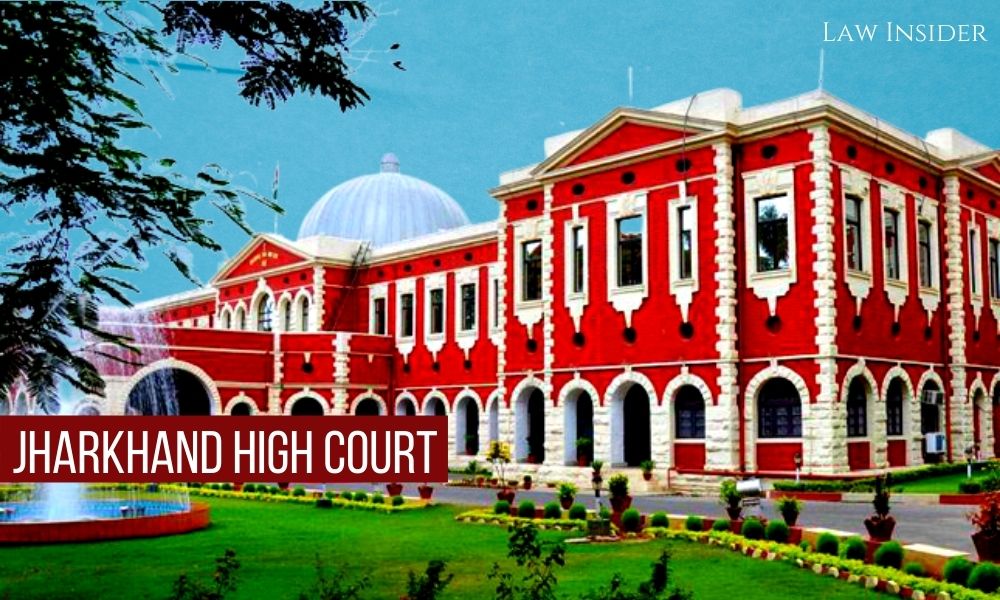Mitali Palnitkar
Published On: February 16, 2022 at 16:00 IST
Jharkhand High Court held that Section 19(2) of the Family Courts Act, 1984 is similar to the provision under Section 96(3) of the Code of Civil Procedure (CPC) which bars an Appeal from a Decree passed with the Consent of parties.
The Division Bench hearing the matter comprised of Justice Shree Chandrashekhar and Justice Ratnaker Bhengra. It dismissed the first Appeal stating that it was not maintainable.
The First Appeal was filed by the wife who was aggrieved by the divorce decree awarded under Section 13 of the Hindu Marriage Act, 1955. She stated that she was threatened to sign the Petition for a decree of marriage dissolution through mutual consent.
According to the original Suit, the Petition for Divorce by mutual consent was filed with signatures of both the parties. On the basis of Petition, the statements of both the parties were recorded by the Family Court Judge to ensure free consent of both the parties and their signatures were taken.
Advocate Rakhi Sharma representing the Respondent expressed her objection to the maintainability of the First Appeal under Section 19(2) of the Family Courts Act, wherein an Appeal from a Decree/Order passed by the Family Court with the Consent of parties is barred.
The Court referred to the Case of Pushpa Devi Bhagat v Rajendra Singh, in which the Supreme Court referred to Section 96 of Civil Procedure Code and proviso to Order XXII Rule 3 and Rule 3-A of CPC and held that the only remedy available to a party to avoid a Consent Decree is to approach the Court which recorded it and made a decree in terms of it.
The Court also observed that the bar operates with a further expansion under Section 19(2), wherein “No Appeal shall lie also from any order passed by the learned Family Court with the consent of the parties.”

